In this third and final article in a series on philosophy and science, we look at how modern science shows the validity of dialectical processes and how this can help guide science.


In this third and final article in a series on philosophy and science, we look at how modern science shows the validity of dialectical processes and how this can help guide science.

Using a specialized design approach, scientists create acoustic waves that behave as twisted, ultrasonic motors capable of rotating particles in space.
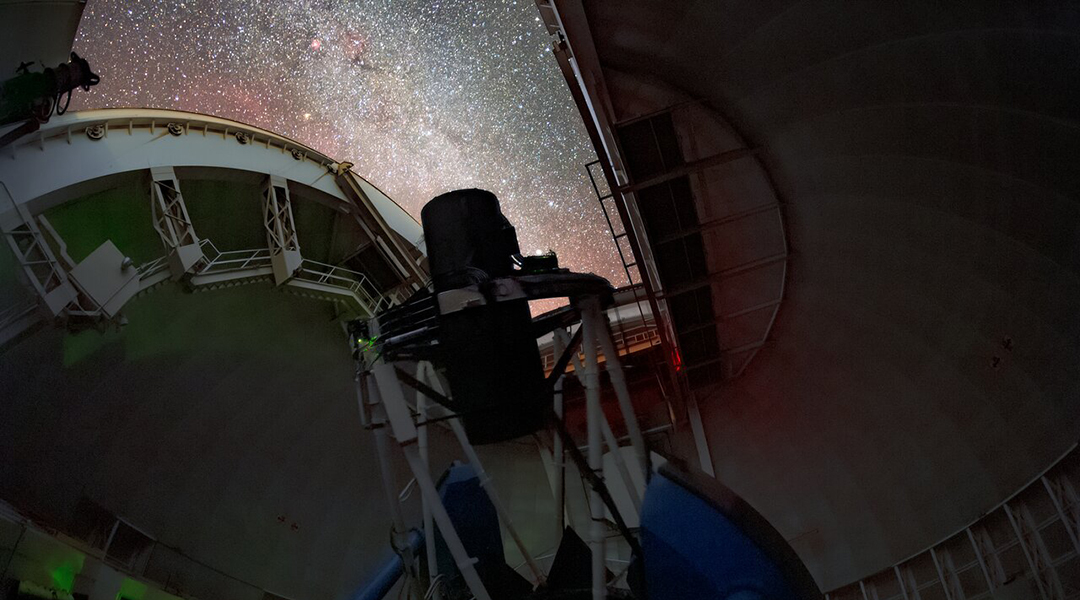
Galaxies, quasars, and stars… oh my! Dark Energy Spectroscopic Instrument (DESI) first data is a small fraction of the huge cosmic survey it will conduct.
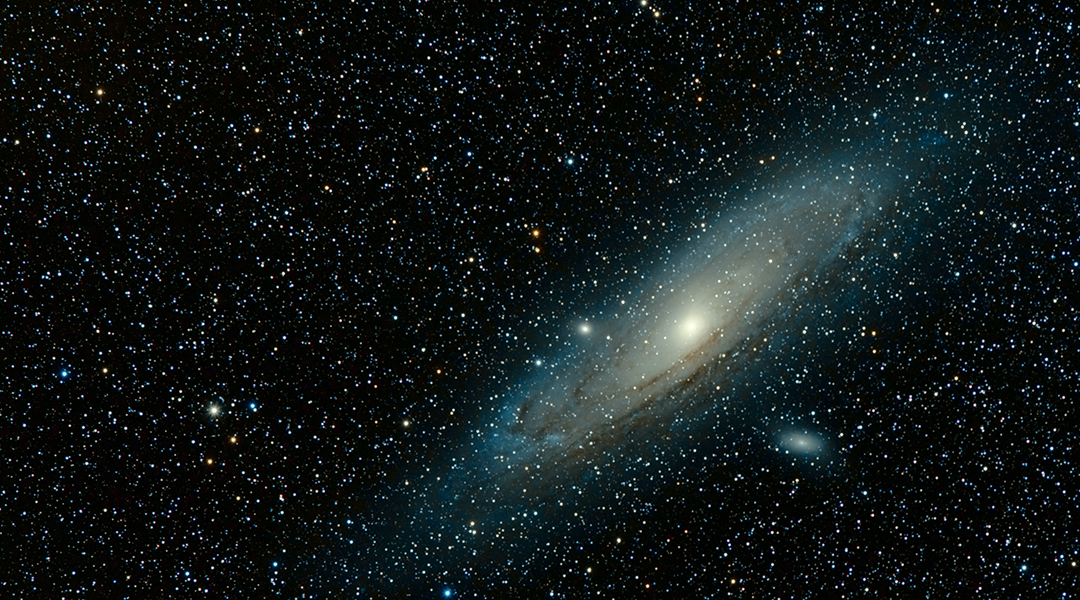
Many physicists are still skeptical that dark energy can fully explain gravity, and are therefore exploring alternative theories.
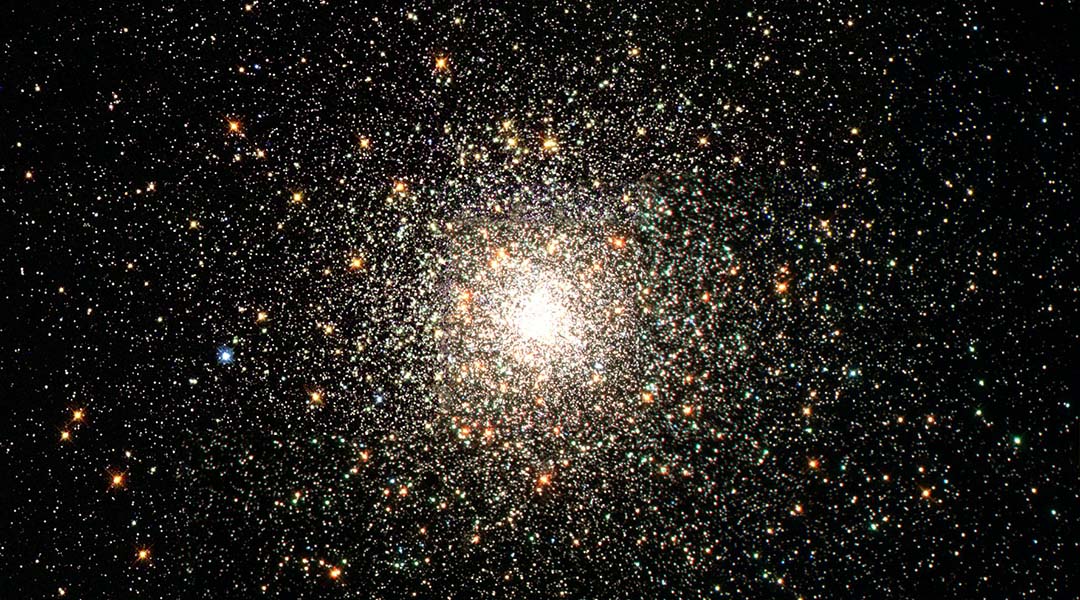
A new study evaluates gravity using string theory, a promising candidate for describing particle interactions at their most fundamental level.
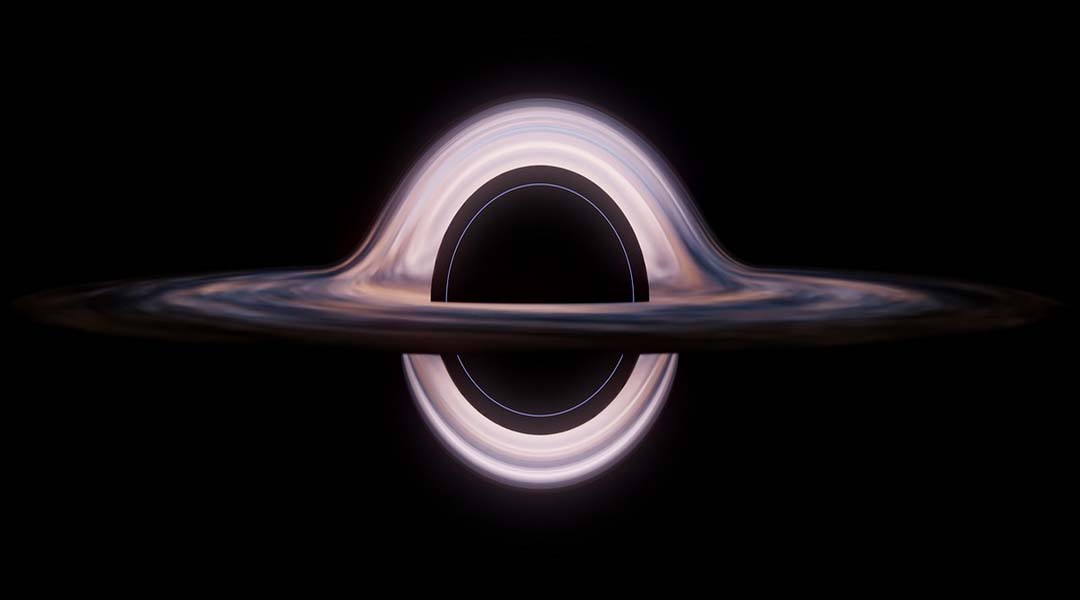
Astronomers looking at how black holes grow over time may have found the answer to one of the biggest problems in cosmology.

A modification to the theory of general relativity makes it consistent with observable astronomical data without the need for dark energy.
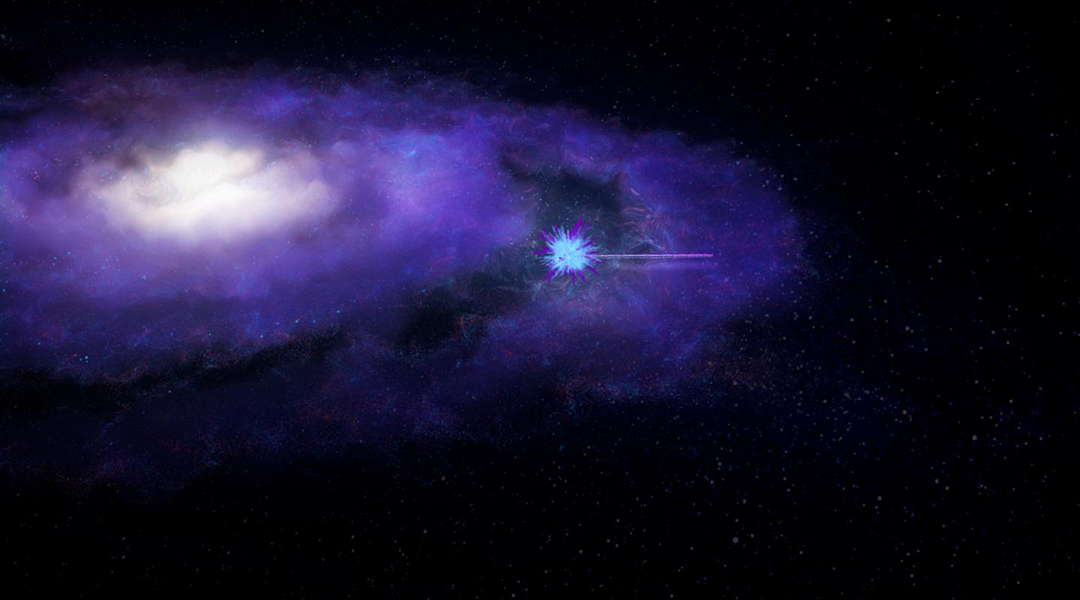
Bright bursts of radio waves help astronomers locate a type of matter that researchers have been searching for for the past 30 years.

Subtle inflaton interactions may reshape our understanding of cosmic inflation, altering predictions about dark matter, black holes, and gravitational waves.

A new theory proposes gravity isn’t a fundamental force but emerges from quantum electromagnetic interactions, potentially reshaping our view of spacetime itself.